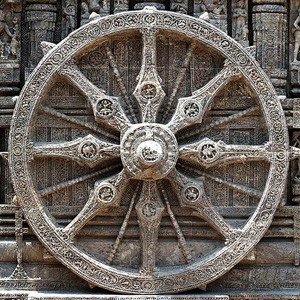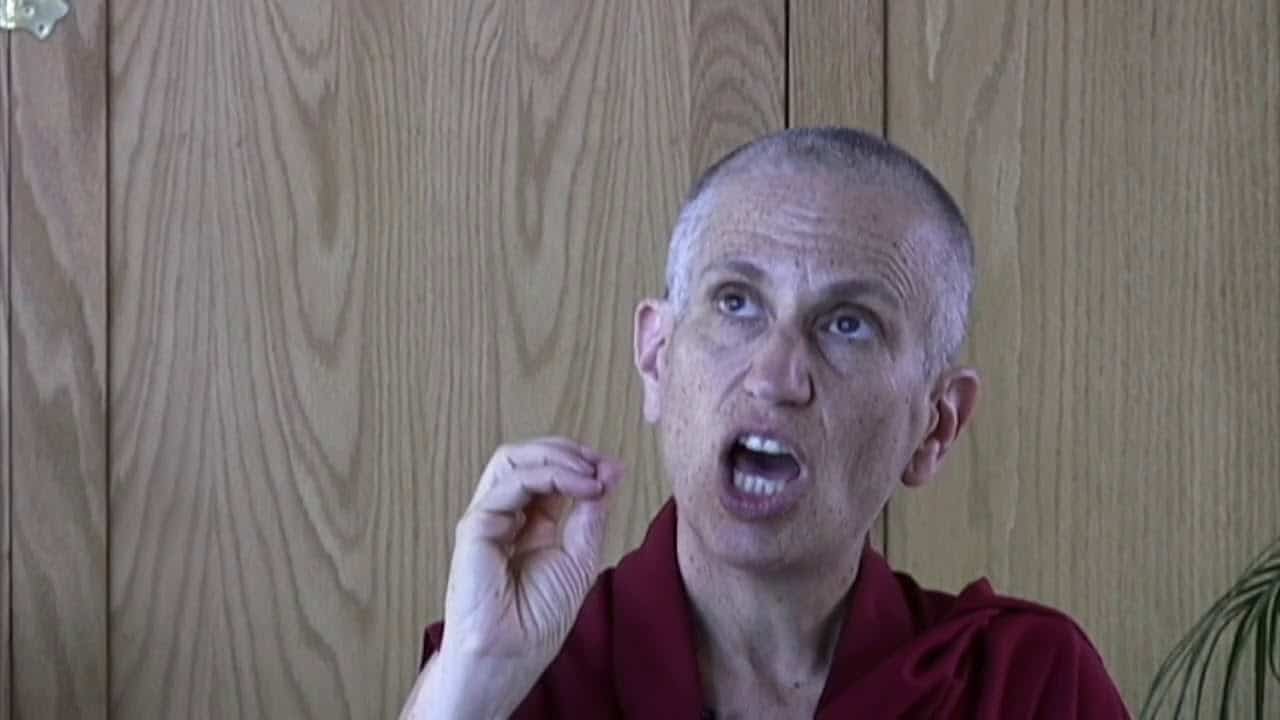Dependent arising in the Pali tradition
A talk given at Homewood Suites, Bethlehem, Pennsylvania.
- Five orders of causality according to the commentaries to the Pali canon
- These refer to five categories in which causation takes place
- Karmic causation is only one category (4th) and refers to mental activity dominated by volition that drives an action and the results of that action.
- In this category of causation, the effects of an action are ethically aligned with the nature of the volition behind them, so that unwholesome actions produce effects that are undesirable and wholesome actions produce effects that are desirable.
- The other categories are cause and effect in purely physical events, in organic events, in mental events, and effects that are so because of the nature of Dharma.
- Twelve factors of dependent origination in reverse order as how the Buddha taught them
- Considering what is the cause of aging and death and then what is the cause of birth and so on
- Questions and answers, including:
- Is longing for liberation a kind of craving?
- Wholesome actions of enlightened being and ordinary being
- To gain realizations, do I need to know the workings of the mind first?
- The five aggregates
- Karma: outflow result, direct result
- Emptiness
- Name and form
Dependent arising (download)
Bhikkhu Bodhi
Bhikkhu Bodhi is an American Theravada Buddhist monk, ordained in Sri Lanka and currently teaching in the New York/New Jersey area. He was appointed the second president of the Buddhist Publication Society and has edited and authored several publications grounded in the Theravada Buddhist tradition. (Photo and bio by Wikipedia)


